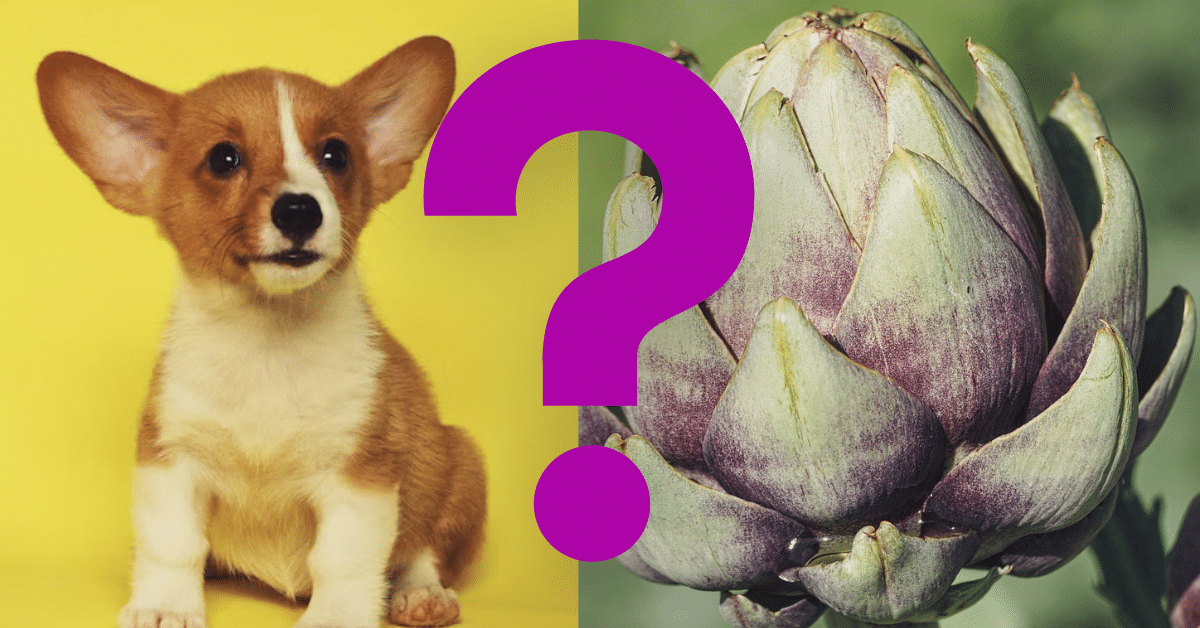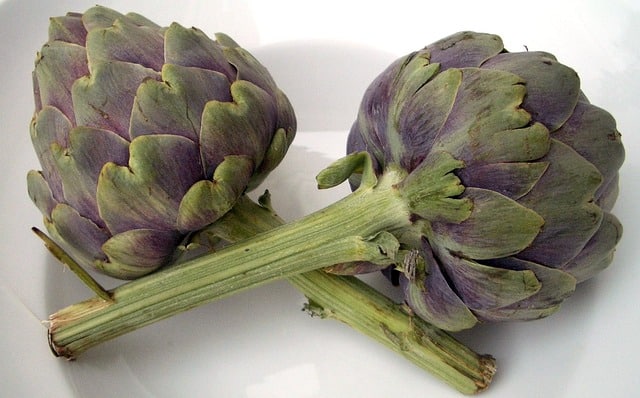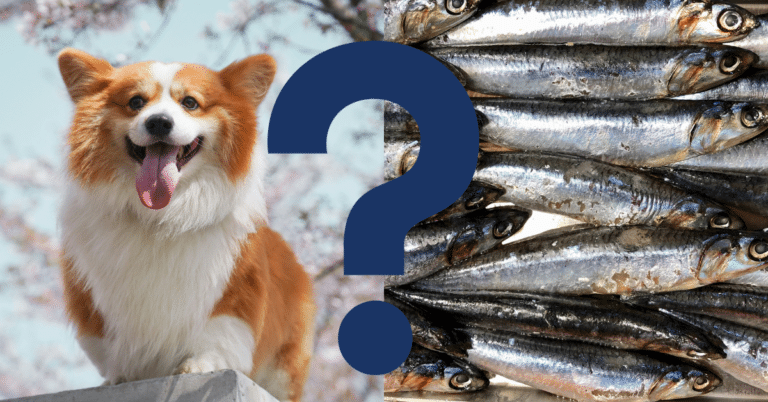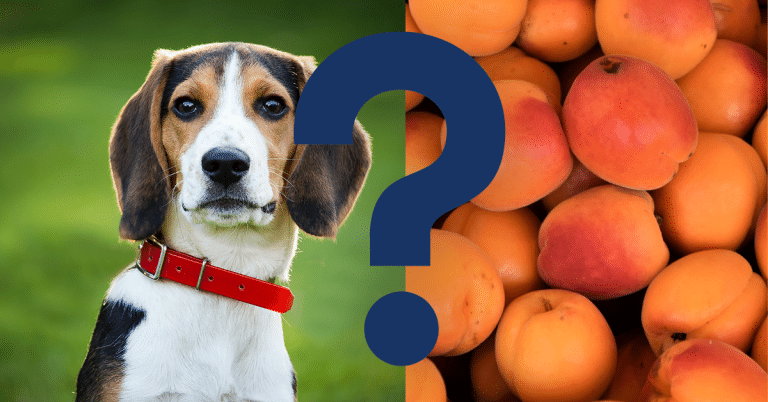Can Dogs Eat Artichokes? A Vet’s Opinion

Artichokes are a vegetable. These vegetables are eaten as immature and tender buts. Artichokes are known for their nutty, earthy flavor and are used in pasta, salads, and dips. Artichokes are eaten in many ways; they can be boiled, grilled, steamed, or roasted. There are many health benefits to artichokes, but can you feed Artichokes to your dog?
Yes, you can feed artichokes to dogs. However, there are certain precautions to take to make sure that artichokes become more edible and digestible for your dogs. Artichokes offer a lot of different health benefits as well. However, it’s best to consult your vet and come up with a diet plan to incorporate artichokes into your dog’s diet.
Let’s dive in:
Benefits Of Artichokes For Dogs
There are a couple of benefits to giving artichokes to dogs. One of the significant benefits of giving artichokes is the nutritional benefits it can provide in given in the proper manner to dogs. Artichokes are an excellent source of dietary fiber. Moreover, it also contains Vitamin C, Vitamin K, Folate, and antioxidants. Antioxidants prove vital in fighting the free radicals in your body, which destroy the body’s cells and cause a host of other problems. Hence, artichokes prove themselves a valuable addition to your dog’s diet. As we talked about earlier, the presence of dietary fiber is significant for the bowel movements of your dog. Fibrous food is essential for the intestines and digestive systems to form stool and pass it through the large intestines. Food that doesn’t has fiber content will cause irregular bowel movements and issues like diarrhea and an upset stomach. Fiber is also essential in maintaining gut health.
The liver is one of the most important organs of the body. Hence it is essential that it is functioning normally. Artichokes contain a compound called cyanin, which facilitates liver function. Artichokes have some naturally occurring compounds in them, which help with that. Free radicals are known to attack the liver aggressively. The antioxidants protect the liver against these free radicals. Some of the primary antioxidants present in artichokes include quercetin and rutin. Many owners need to realize how much food to give to their dogs and often overfeed their dogs, not calculating their needs correctly. However, here is where artichokes can really help you. Artichokes are high in fiber and low in calories, which means when they are added to your dog’s diet, they can make your dog feel more satiated and fuller. This means that you will not need to eat a lot, and hence the calories can be controlled. Obesity can result in joint pain and cause a lot of discomforts among dogs. Hence, it’s vital that you do something about their weight. Artichokes also contain a substance called luteolin, which is known to aid heart function. This substance helps reduce inflammation in blood vessels and supports regular blood flow, and prevents clotting.

How To Safely Give Artichokes To Dogs
If you do decide that it’s time that you mix up your dog’s diet and will add artichokes to change things up, you should ensure that when preparing artichokes, they are free of some ingredients. Some of these include seasonings, oils, sauces, etc. Plain and thoroughly cooked artichokes are the most optimal form for dogs. Artichokes have a complex anatomy. It would be best if you boiled or steamed the artichokes to thoroughly cook them and ensure that you remove the hard leave and the prickly choke at the center. Always give the soft inner fleshy part of the food item to your dog. The prickly part and the leaves might prove to be a choking hazard for your dog; hence it’s vital to remove them. Another crucial common thing to know is whenever adding a new food item to your dog’s diet, make sure to give it little by little to your dog so that their digestive system can get acclimated to it. It would be best if you also watched out for any allergies or gastrointestinal upset.
It is vital to gradually increase the portion of artichokes when giving them to your dogs. Meanwhile, monitor your dog while they eat it. If you notice any unusual behavior or allergic reaction to the food in your dog, take it to the vet immediately. One of the most common symptoms of allergic reactions is vomiting or diarrhea. Moreover, it is always important to consult your local vet before giving artichokes to your dog. Different dog breeds may react differently to certain foods, like artichokes. Hence, wait to give artichokes to your dog until the vet has given you the go-ahead. They can give you proper guidance according to your dog’s specific health needs, dietary restrictions, and health profile.
Will Artichokes Make A Dog Sick?
Artichokes are generally considered safe to use for dogs. However, it depends on how you prepare them for your dogs. There are a lot of things that could go wrong when giving artichokes to dogs that could prove fatal for your dog. Since artichokes are tough and fibrous, there is a high risk of choking associated with them. Eating a large number of artichokes with the pricky and hard part too quickly can result in choking very easily. Hence, it is essential to remove those parts of artichokes. The stiff leaf part and the pricky center should be removed, and only the fleshy part should be fed to dogs. These high-fibrous food items can easily cause gastrointestinal imbalance and upset in dogs, resulting in diarrhea, stomach pains, or vomiting dogs. Combined, these issues can be fatal to dogs if gone unnoticed.
Dogs are highly allergic like humans, and some dogs could be allergic to something other dogs aren’t, like us humans! Hence, you should give a small number of artichokes to dogs first and see if there is any allergic reaction. If you fail to check this and your dog has a severe allergic reaction, it could have possibly fatal consequences for your dog. Hence, to avoid something so unfortunate, we will advise you to always check for allergies. Moreover, if your dog is on some medication related to liver or bile production, you might want to check in with a vet before giving artichokes to your dog. The reason behind that is that some compounds in artichokes might affect the working of the compounds present in the medicine and cause some adverse side effects, which could be detrimental to your dog. Last but not least, it is wise to give small amounts of artichokes to your dogs due to the dangers and issues associated with preparing them. The dangers and possible problems far outweigh the benefits artichokes provide. You could use them sometimes as treats to train your dog rather than adding them as a substantial part of your dog’s diet.

Vet’s Summary
Artichokes offer a lot of benefits to your dogs, like, nutritional content, liver support, antioxidant properties, improved heart health, and help in weight management. However, there are many downsides to feeding artichokes to dogs; most of them are related to the fact that this good item is complicated to prepare and requires extra prep time and effort from the owner. If you feed whole artichokes to your dog, you are risking a severe choking accident and gastrointestinal upset. Fibrous foods like artichokes need to be given in small proportions, and it’s better to supervise such feeding times. Allergic reactions are also a possibility with artichokes. Moreover, artichokes may interfere with medications as well. Hence, we will advise you only to give artichokes to your dog if you have the time to prep them appropriately and follow all the precautions regarding them. However, you should add probiotics to your dog’s food. Probiotics are live microorganisms that can provide several health benefits to dogs. They help maintain a healthy balance of good bacteria in the gut, which can improve digestion, boost the immune system, and reduce inflammation. Probiotics can be particularly beneficial for dogs with digestive issues or those who have been on antibiotics, which can disrupt the natural balance of gut bacteria. Adding probiotics to your dog’s diet can be done through supplements or by feeding foods that contain probiotics, such as yogurt or kefir.
Videos To Watch
If you are wondering what related foods are good to give your dog, watch this:
And if you want to know what a dog can NOT eat, watch this:






